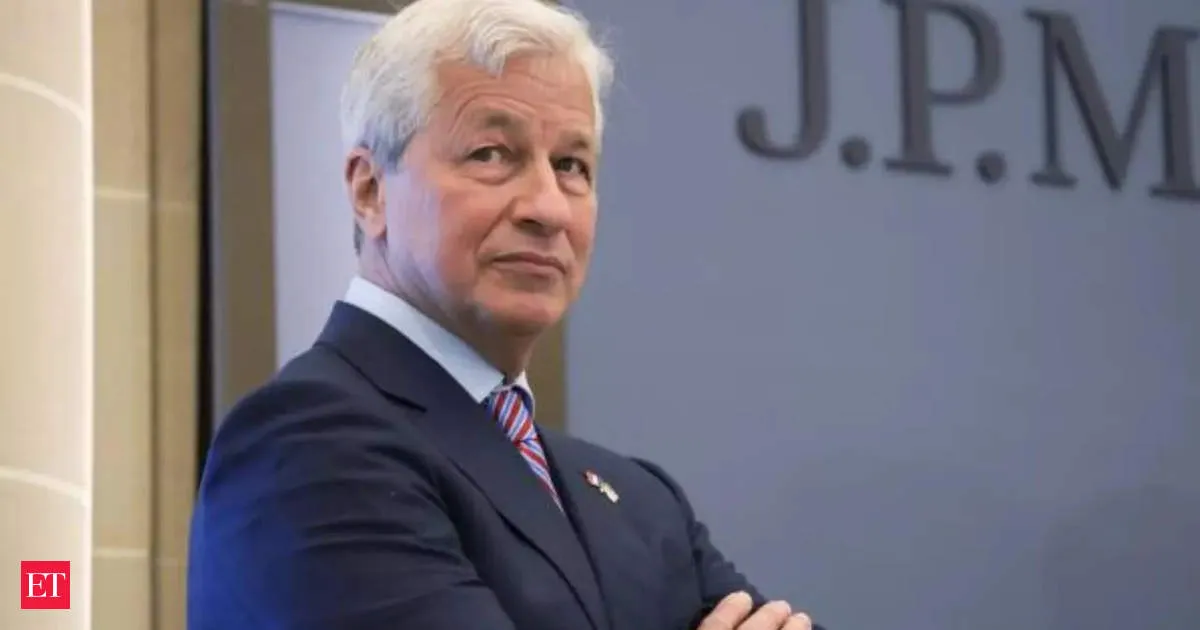US Recession News: Jamie Dimon Discusses Recession Risks for US, China, and India Economies

Geopolitical Factors as Key Influencers
Dimon emphasized that geopolitical issues, rather than just financial markets, will largely dictate the future trajectory of the global economy. He stated, “Geopolitics is far more important for mankind than interest rates in Japan and the United States.” He expressed concerns about escalating conflicts in Ukraine and the Middle East, particularly the dangers posed by missile attacks and military actions, saying, “Ukraine has gotten worse. The missiles and the bombardment are getting worse.” He acknowledged the implications of the Federal Reserve's recent interest rate cuts. “It looks that way, but I'm a little cautious in that,” he noted regarding the prospects for a soft landing. Dimon believes the Fed made the right decision to reduce rates, citing a stable underlying economy as a reason for cautious optimism.
Capital Flows and Economic Normalization
When discussing the divergent monetary policies between the U.S. and Japan, Dimon explained that this signifies a normalization in the global financial landscape. “It’s just a normalization. Japan is still kind of zero, and they’re moving up a little bit.” He stressed that capital flows will depend more on economic growth than solely on interest rates, saying, “The real thing that’s gonna drive flows will be growth in the economies, and not just the interest rate.”
India’s Ambitious Growth Potential
Shifting focus to India, Dimon praised the country’s advancements, attributing its success to effective reforms and infrastructure improvements. “I think you guys here have done a fabulous job at that.” Dimon expressed confidence in India’s ambition to become a $7 trillion economy, saying, “These things help the country and help lower-income folks, in addition to the wealthy.”
Political Landscape and Economic Stability
Dimon reiterated his previous warnings about the possibility of a recession, stating, “I do not take the chances of a recession in the US off the table.” He believes the odds of a soft landing are around 35% to 40%, but added, “There’s a lot of uncertainty out there.”
This article was prepared using information from open sources in accordance with the principles of Ethical Policy. The editorial team is not responsible for absolute accuracy, as it relies on data from the sources referenced.